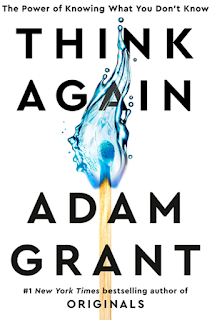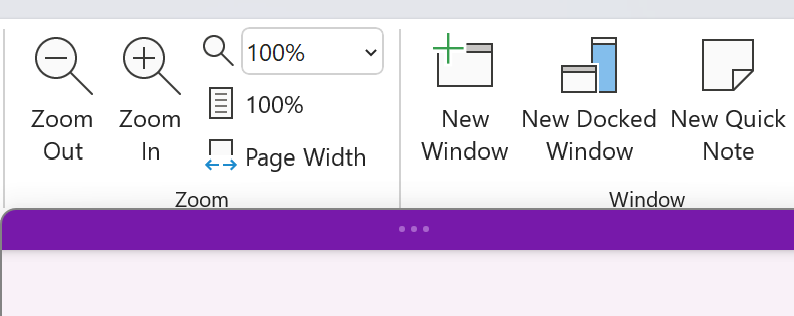BA Bits Book Review: Think Again by Adam Grant

I was recently recommended the book Think Again by Adam Grant. Never one to shy away from a good book recommendation, especially one I feel may help me in my everyday roles, I seized the opportunity to pick it up and give it a read. Adam separates the book down into different topics which all challenge our ability to think again, he effortlessly weaves in case studies which underpin the lessons and to help to bring to life the concepts he discusses. The key takeaway is to challenge the way we think about things, how do we know what we are doing is right if we never question it? What strikes you from the first moment is Adam is humble and quick to point out where he hasn't thought again or has recognized a key learning moment. As a BA it poses an interesting question - when should we think again? Do we wait for the business to challenge us with a new problem, or do we look at existing systems and think again for ourselves? It also made me consider those times when a solution I have
